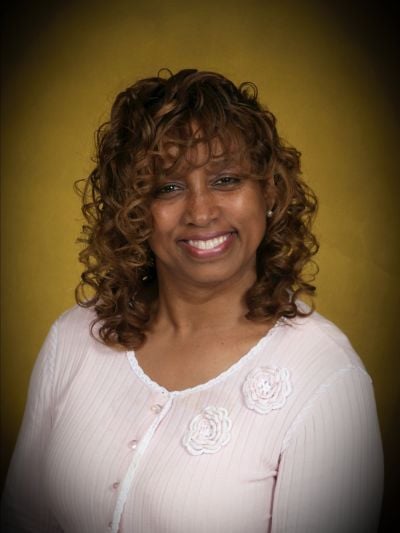Recently, I had the opportunity take our Bread for the World summer interns to the National Museum of African History and Culture in Washington, D.C. I have done this annually for many years and was glad to see the keen interest of the interns. Several stated this would not be their first visit and that they wanted to learn more while others appreciated the group going together.
Unlike previous visits, there was an exhibit of Afro-Futurism featured at the museum that was recently featured on 60 Minutes on CBS. Here is the museum’s statement about this exhibit:
“Afrofuturism: A History of Black Futures immerses visitors in a conversation that reimagines, reinterprets and reclaims the past and present for a more empowering future for African Americans.”
This conversation had particular meaning after just returning from Ghana and Nigeria the prior week. Our work with Pan African Women of Faith/PAWEEN took me to Ghana, and the Baptist World Alliance (BWA) global gathering took me to Nigeria, which has the largest numbers of Baptists in the world.
The conference of the Circle of African Women Theologians and the BWA global gathering were opportunities to link hunger, poverty, climate change, and other intersecting issues to the historic disparities affecting African peoples and to the historic gifts of African peoples. Such linkages of lament and hope invite innovative solutions for the future as we excavate our past.
Climate adaption, Indigenous practices of good agricultural practices, modest lifestyles, and renewable energy are concrete proposals resulting from excavating our past. But investment in this is important to making these proposals live in communities of African peoples.
Eighty percent of the global population most at risk from crop failures and hunger from climate change are in Sub-Saharan Africa, South Asia and Southeast Asia, where farming families are disproportionately poor and vulnerable.
Another timely invitation for looking back to go forward is the upcoming Black Future’s Summit happening prior to the United Nations’ Summit of the Future: Multilateral Solutions for a Better Tomorrow in September of this year. The UN states the following about the Summit:
“The aim is to build upon the Sustainable Development Goals (SDGs) Summit and deliver an action-oriented Pact for the Future to accelerate progress towards the Sustainable Development Goals.”
The UN adds that The World Economic Forum’s Chief Economists Outlook has warned of a “deepening trade-off between development and climate action.”
Although the idea of Afro-Futurism and a Black Futures Summit is timely, the issues are not new. African Peoples have always had to reimagine, reinterpret and reclaim present realities and future possibilities. The new exhibit at the museum demonstrates this. Faith and diverse religious practices have been key foundational legacies for this.
Black August is a time to reflect and reimagine renewed ways to repair the injuries and harms to African peoples and our beloved planet — and to end hunger and poverty. But it is also an opportunity to consider what may be already in front of us, like elections, and behind us to reconsider.
Angelique Walker-Smith is senior associate for Pan African and Orthodox Church engagement at Bread for the World.





